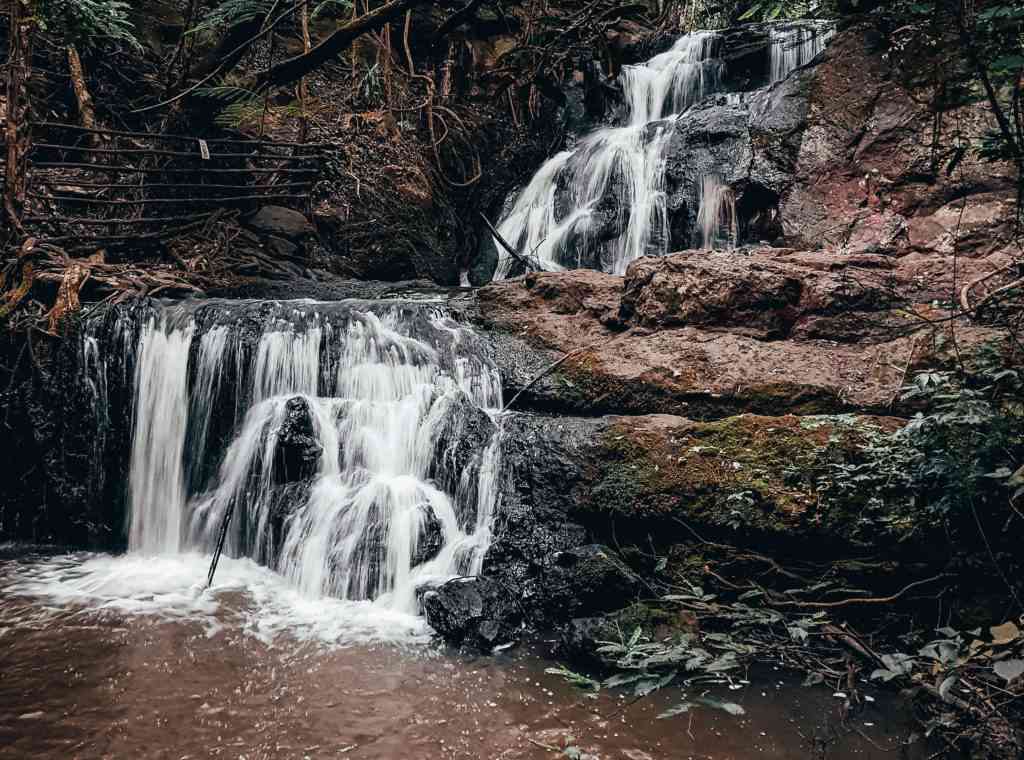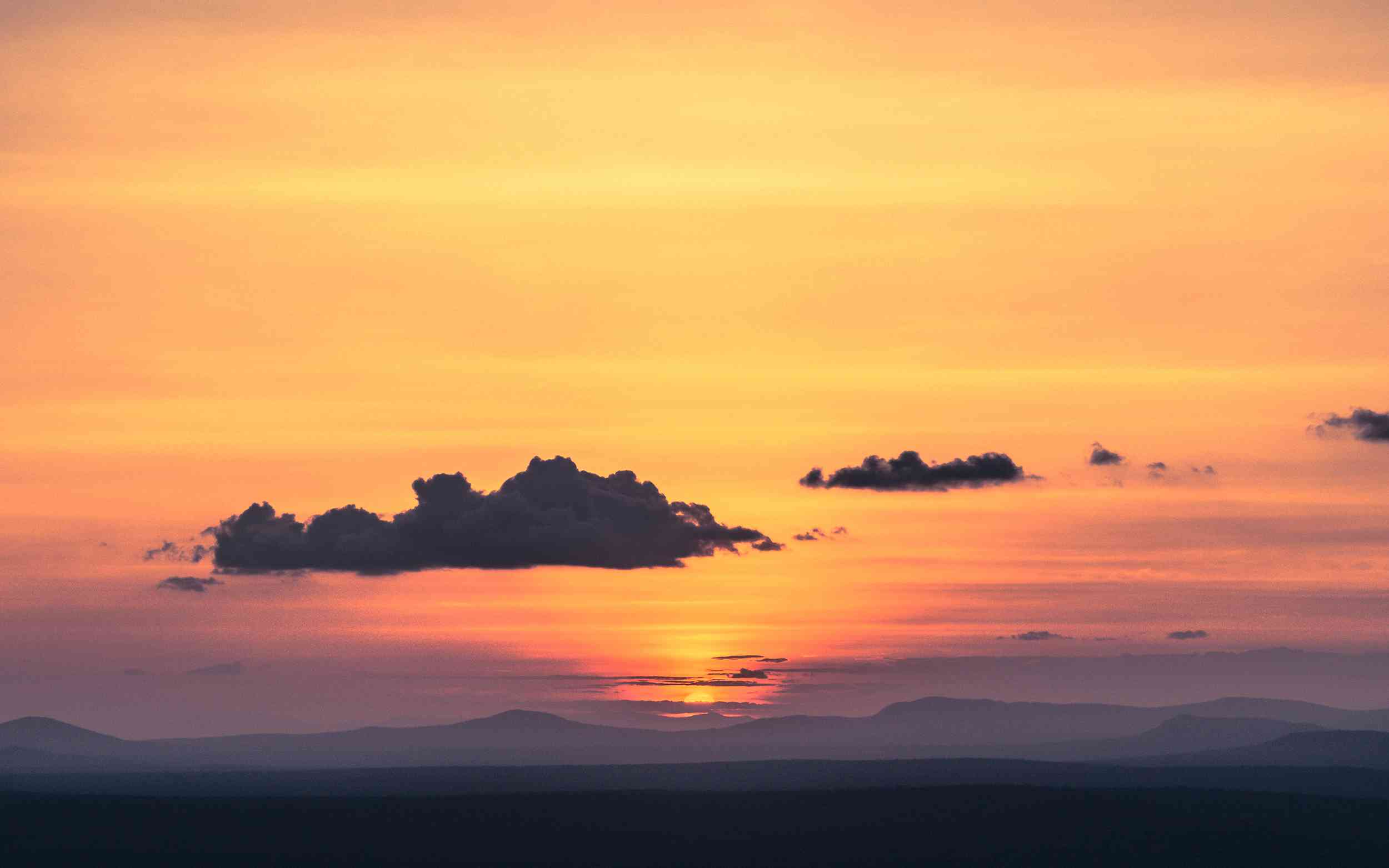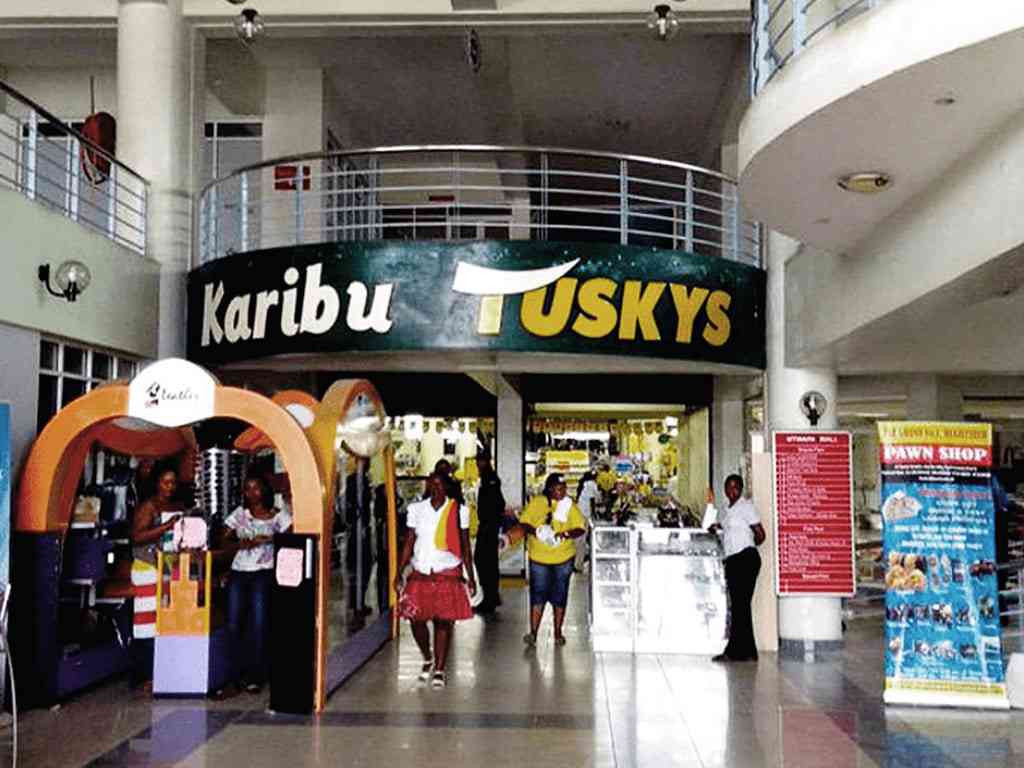Table of Contents
Can You Drink Tap Water in Nairobi?
No, tap water is not drinkable.
Tap Safe includes data from many publicly available sources, including the WHO (World Health Organization), CDC (Center for Disease Control), and user submitted databases, but unfortunately there's not enough data about Nairobi.
To see user submitted ratings of the water quality for Kenya, see the "User Submitted Ratings" box on this page.
Tap water in Nairobi, Kenya is not safe to drink without filtering or boiling the raw water. The government claim that water is safe. County water supplies water in many parts of Kenya. Most of this water may not have the purity levels required to protect you from stomach infections consistently. The quality of the water supply is usually inconsistent with the rainy season having the water with the most contamination.

Water and Sanitation in Nairobi face a problem that is common to a developing country that proliferates. The water supply is unable to meet fast-rising demand. Water is unstable even to the small majority who have a direct connection to tapped water. Different areas of the city receive water on specific days of the week, some for a few days and others for just a few hours.
There is currently around a 25% shortfall in supply to Nairobi homes, according to the city’s water provider. Also vital issues over the quality of the piped water, particularly in the city’s informal arrangements. Water from drains or sewage can seep into the supply due to the deterioration of pipes, and much of it is undrinkable, according to the World Health Organization.
Source of Water in Nairobi, Kenya
Nairobi tap water’s primary source of water is from surface water and groundwater. The Nairobi water utility relies exclusively on surface water to satisfy the growing city’s water needs. Service receives 94% of its water from the Tana River basin north of the town through three reservoirs:
- Sasumua Dam (on the Chania River)
- Thika Dam
- Chania-B Dam
The Thika Dam is the largest, providing 225,000 m3/day. Water from the reservoirs is treated in two treatment plants, including the largest one in Ngethu. The remaining 6% originates from local sources:
- Kikuyu Springs
- Ruiru Dam
Both found in the Athi River Basin and whose water is managed in two smaller treatment plants. The spillway of the Sasumua Dam has been severely damaged during the 2003 El Nino floods. The weir was restored between 2009 and 2011 with financing from the French Development Agency.
The groundwater table has failed; in one well, it fell by 40 meters between 1958 and 1996. The standard depth of new wells in 2001 was 238 meters. In that year, 97 new wells were drilled because of a drought. Most wells are produced by industrial enterprises, hotels, farms for flower production in greenhouses, and private houses in parts of the city that receive only intermittent supply. Groundwater is also used to water gardens and to supply tankers that resell the water. Many individual well owners are also related to the mains water supply system and use groundwater as a back-up supply. Natural groundwater quality is excellent.
Other links:
Wikitravel
Be careful with the food that you eat outside the more upscale establishments. Before eating, make sure that the food is freshly and thoroughly cooked and served hot. Also avoid seafood,apart from the upmarket restaurants and hotels, and make sure that your fruits and vegetables have been properly sterilized in clean water. The safest fruits to eat are bananas and papayas. Do not drink tap water or brush your teeth with it. Only use bottled or canned drinks (especially popular brands). Also, do not use ice as it may also be contaminated water, and remember that alcohol does not sterilize a drink. The general rule of thumb is, the more high end an establishment is, the greater the safety of the food and drink within.

The estimated price of bottled water
$1.22 in USD (1.5-liter)
USER SUBMITTED RATINGS
- Drinking Water Pollution and Inaccessibility
- Water Pollution
- Drinking Water Quality and Accessibility
- Water Quality
The above data is comprised of subjective, user submitted opinions about the water quality and pollution in Nairobi, measured on a scale from 0% (lowest) to 100% (highest).
Related FAQS
Reminder
Always take extra precautions, the water may be safe to drink when it leaves the sewage treatment plant but it may pick up pollutants during its way to your tap. We advise that you ask locals or hotel staff about the water quality. Also, note that different cities have different water mineral contents.
Sources and Resources
Sources Cited
Additional Resources
Current Weather in Nairobi
NAIROBI WEATHERSome of the Local Convenience Stores in Nairobi

- My Shop
- Oil Libya
- Bonjour
- Astrol
- Vilies Shopping
- Tuskys
- Pantry & Provisions
- Valencia Square
- Onn The Way Supermarket
- The Corner Shop
- Stop & Shop
- Eastmatt Supermarket
- Karen Provision Stores
- Carrefour
Estimated Price of Bottled Water
| Volume | KES | USD | EUR | GBP |
| 1.5-liter | 123.38 | $1.21 | €1.10 | £0.95 |